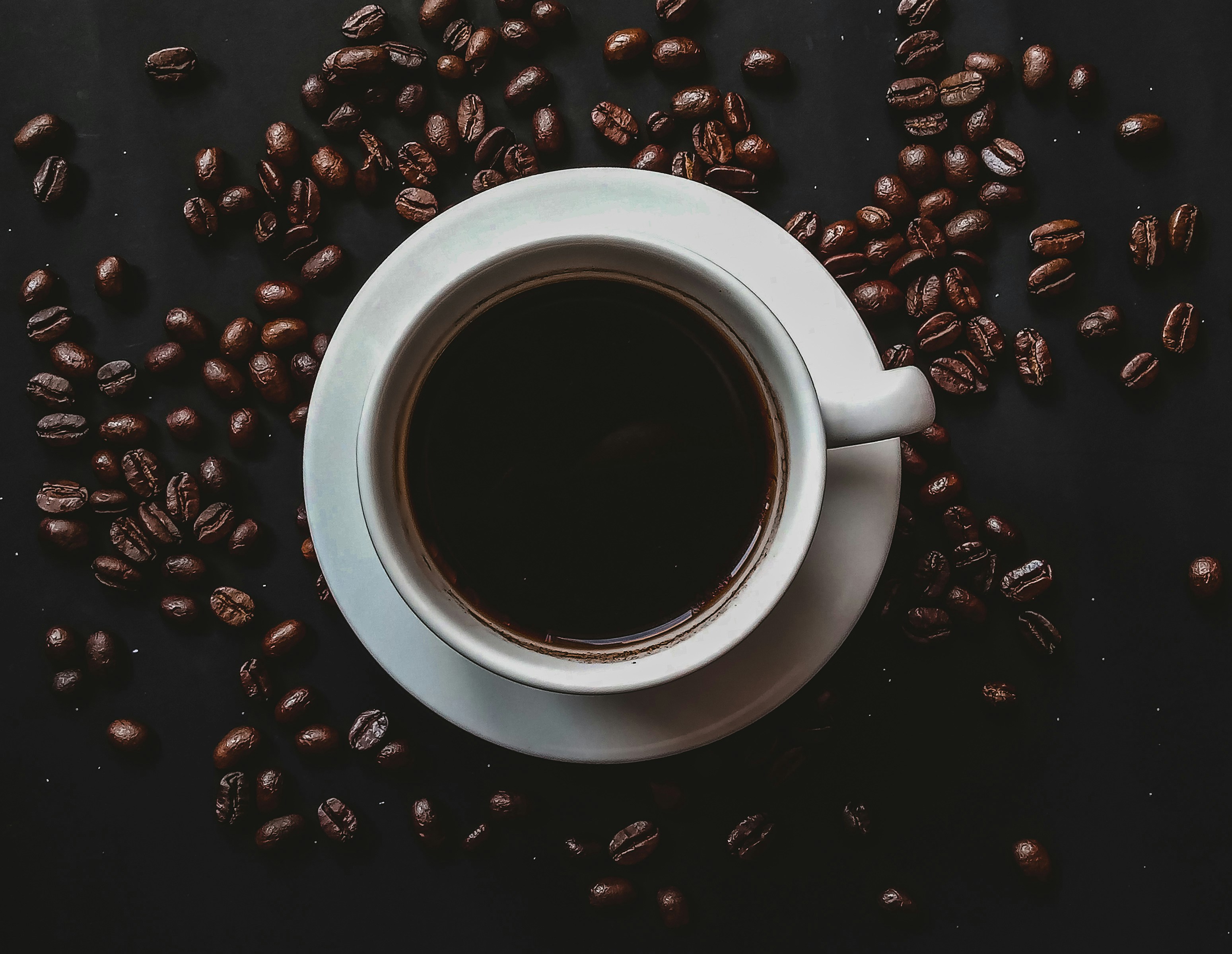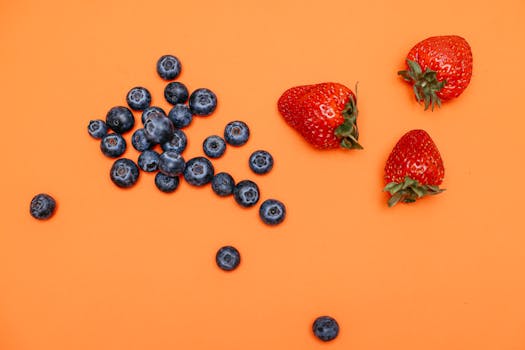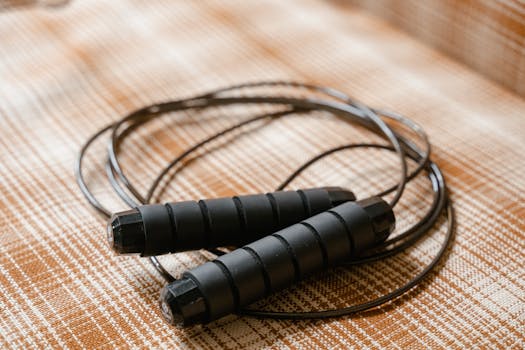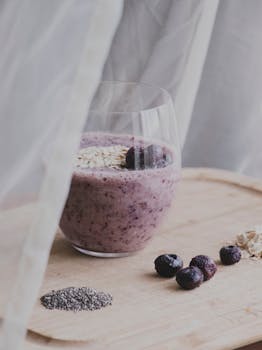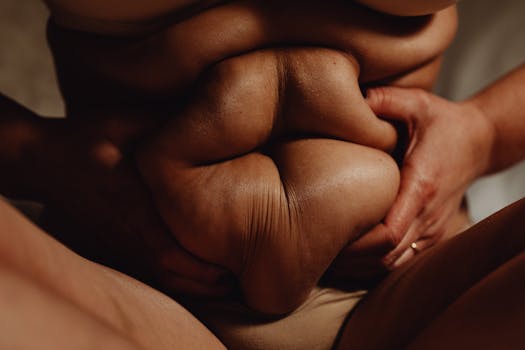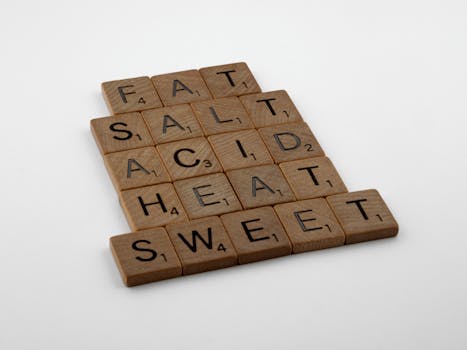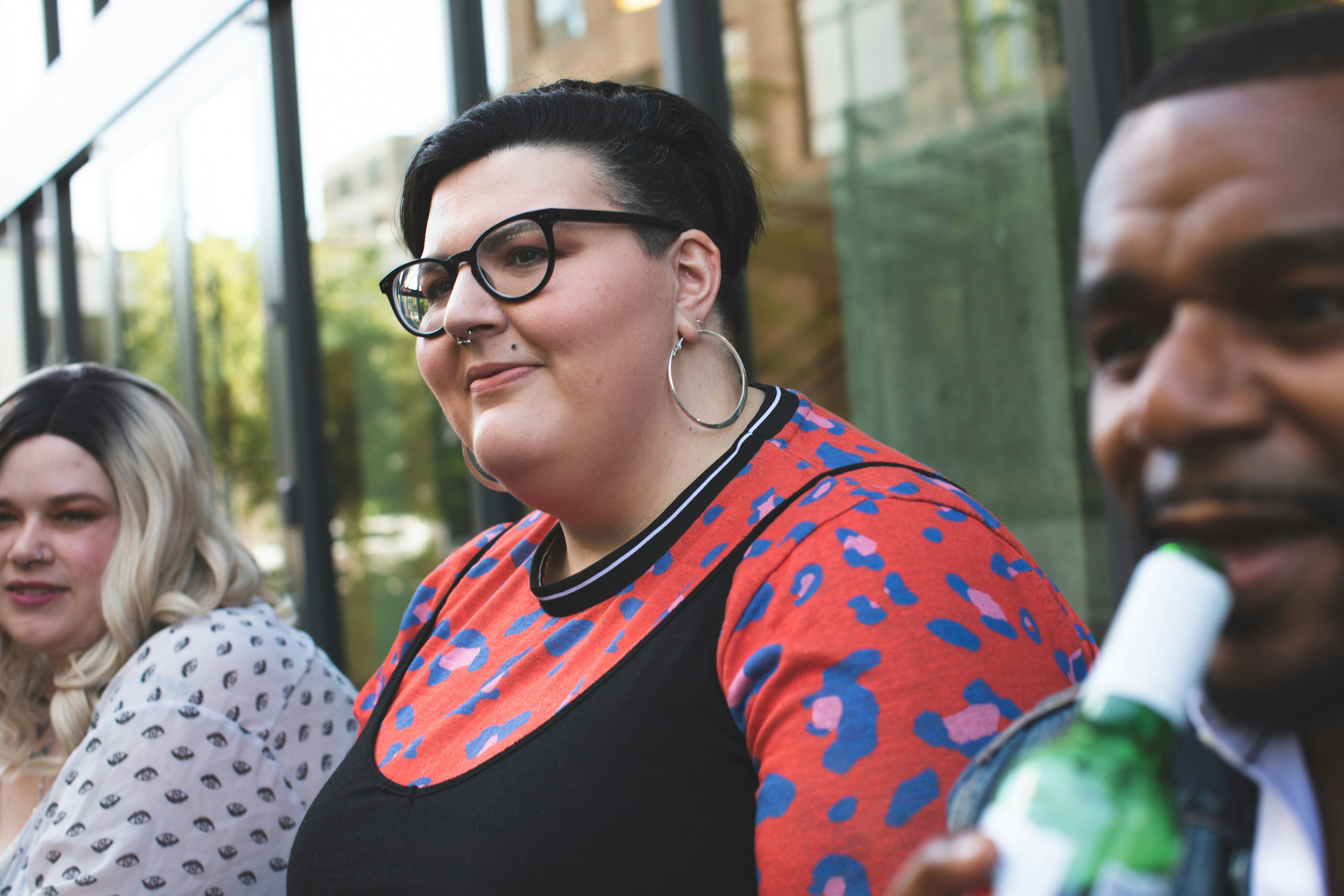Does Black Coffee Break a Fast? Caffeine Impact on Fasting
Nov 27, 2024
Fasting has become a popular practice for weight loss, improved metabolic health, and overall well-being. However, many people wonder if drinking black coffee during a fast will break their fast and potentially diminish the benefits. In this comprehensive guide, we'll explore the impact of black coffee on fasting, the role of caffeine, and provide practical tips for navigating your fasting journey.
Understanding Fasting and Its Benefits
Fasting involves abstaining from food for a specific period, typically ranging from 12 hours to several days or even weeks. During a fast, the body enters a metabolic state known as ketosis, where it burns stored fat for energy instead of relying on glucose from food. This process can lead to various benefits, including weight loss, improved insulin sensitivity, reduced inflammation, and increased mental clarity.
Types of Fasting
There are different types of fasting, each with its own rules and guidelines. Some common fasting methods include:
Intermittent Fasting: This involves cycling between periods of fasting and eating, such as the 16:8 method (fasting for 16 hours and eating within an 8-hour window).
Time-Restricted Eating: Similar to intermittent fasting, but with a more flexible eating window, such as 12 hours or less.
Extended Fasting: This involves fasting for longer periods, typically 24 hours or more, and is often practiced for religious or spiritual reasons.
Does Black Coffee Break a Fast?
The short answer is: no, black coffee does not technically break a fast. However, it's essential to understand the nuances and potential impact of caffeine on your fasting goals.
The Role of Caffeine
Black coffee is a calorie-free beverage that contains caffeine, a natural stimulant. Caffeine is not a nutrient and does not provide energy in the form of calories. Therefore, consuming black coffee during a fast does not break the metabolic state of ketosis or interrupt the fasting process.
However, it's important to note that caffeine can have physiological effects on the body, such as increasing heart rate, boosting metabolism, and potentially affecting insulin sensitivity. While these effects are generally mild, they may impact some individuals differently.

Potential Benefits of Black Coffee During Fasting
For many people, drinking black coffee during a fast can provide several benefits:
Appetite Suppression: Caffeine has been shown to suppress appetite and reduce feelings of hunger, which can be helpful during a fast.
Energy Boost: The stimulating effects of caffeine can help combat fatigue and provide an energy boost, which can be beneficial during periods of fasting when energy levels may be lower.
Cognitive Enhancement: Caffeine has been linked to improved focus, alertness, and cognitive performance, which can be advantageous during fasting periods.
Potential Drawbacks and Considerations
While black coffee is generally considered acceptable during a fast, there are a few potential drawbacks and considerations to keep in mind:
Dehydration
Caffeine is a mild diuretic, which means it can increase urine output and potentially lead to dehydration if not balanced with adequate water intake. During a fast, it's crucial to stay hydrated, so be mindful of your water consumption when drinking black coffee.
Digestive Discomfort
For some individuals, consuming coffee on an empty stomach can cause digestive discomfort, such as acid reflux or stomach irritation. If you experience these issues, it may be best to limit your coffee intake during a fast or consider adding a small amount of milk or cream to buffer the acidity.
Caffeine Sensitivity
People with caffeine sensitivity or those who are not accustomed to consuming caffeine may experience adverse effects like jitters, anxiety, or disrupted sleep patterns. If you fall into this category, it's advisable to limit or avoid caffeine during your fast.
Tips for Incorporating Black Coffee into Your Fasting Routine
If you decide to include black coffee during your fast, here are some tips to help you navigate the process:
Moderation is Key
While black coffee is generally acceptable during a fast, it's essential to consume it in moderation. Excessive caffeine intake can lead to adverse effects and potentially disrupt your fasting goals. Aim for no more than 2-3 cups of black coffee per day.
Stay Hydrated
As mentioned earlier, caffeine can contribute to dehydration. Make sure to drink plenty of water throughout the day to counteract this effect and maintain proper hydration levels.
Listen to Your Body
Everyone's body responds differently to fasting and caffeine. Pay attention to how your body reacts to black coffee during a fast. If you experience negative side effects, such as digestive discomfort, headaches, or jitters, consider reducing or eliminating your coffee intake.
Consider Alternatives
If you find that black coffee is not agreeing with you during your fast, consider exploring alternative beverages like herbal teas, which can provide hydration and potential health benefits without the stimulant effects of caffeine.
Conclusion
In conclusion, black coffee does not technically break a fast, as it is a calorie-free beverage. However, it's essential to consider the potential impact of caffeine on your body and fasting goals. While black coffee can provide benefits like appetite suppression and an energy boost, it's crucial to consume it in moderation, stay hydrated, and listen to your body's signals.
At Getlila, we understand the importance of personalized guidance and support on your health and wellness journey. Our AI-powered personal training solutions offer tailored advice and strategies to help you navigate fasting, nutrition, and exercise effectively. With our cutting-edge technology and expert guidance, you can achieve your goals while prioritizing your overall well-being. Get started with Getlila today and unlock the power of personalized fitness coaching.
Frequently Asked Questions
Can I have black coffee while fasting?
Yes, you can have black coffee while fasting. Black coffee is a calorie-free beverage that does not technically break a fast. However, it's important to consume it in moderation and be mindful of potential side effects like dehydration or digestive discomfort.
Why is 16 hours the magic number for fasting?
The 16:8 intermittent fasting method, which involves fasting for 16 hours and eating within an 8-hour window, is popular because it allows for a longer fasting period while still providing a reasonable eating window. This fasting duration is long enough to trigger various metabolic benefits, such as ketosis and increased fat burning, while still being manageable for many people.
Will black coffee break ketosis?
No, black coffee will not break ketosis. Since it is a calorie-free beverage, it does not provide any carbohydrates or other nutrients that could disrupt the ketogenic state. However, excessive caffeine intake may potentially affect insulin sensitivity, so it's best to consume black coffee in moderation during a ketogenic diet.
What drink won't break a fast?
In addition to black coffee, other calorie-free beverages like plain water, unsweetened herbal teas, and sparkling water are generally considered safe to consume during a fast without breaking it. However, it's important to avoid adding any caloric ingredients, such as milk, sugar, or cream, as these can disrupt the fasting state.
The Science Behind Fasting and Caffeine
While the effects of fasting and caffeine consumption have been studied separately, there is limited research on the specific interactions between the two. However, some studies have shed light on the potential benefits and drawbacks of combining fasting and caffeine intake.
Metabolic Effects
Fasting and caffeine consumption have both been linked to potential metabolic benefits, such as improved insulin sensitivity and increased fat burning. A study published in the Journal of Clinical Endocrinology and Metabolism found that caffeine consumption during a 24-hour fast increased fat oxidation and energy expenditure compared to a placebo.
Brain Function and Cognitive Performance
Both fasting and caffeine have been associated with potential cognitive benefits, such as improved focus, alertness, and mental clarity. A study published in the Journal of Alzheimer's Disease found that caffeine consumption during a fasting state improved cognitive performance and reduced the risk of cognitive decline in older adults.
Potential Drawbacks
While caffeine can provide benefits during fasting, it's important to be mindful of potential drawbacks, such as dehydration, digestive discomfort, and disrupted sleep patterns. Excessive caffeine intake can also potentially affect insulin sensitivity and disrupt the fasting state. It's crucial to consume caffeine in moderation and listen to your body's signals.
It's important to note that individual responses to fasting and caffeine can vary, and more research is needed to fully understand the interactions between the two. As with any dietary or lifestyle change, it's always best to consult with a healthcare professional, especially if you have any underlying health conditions.
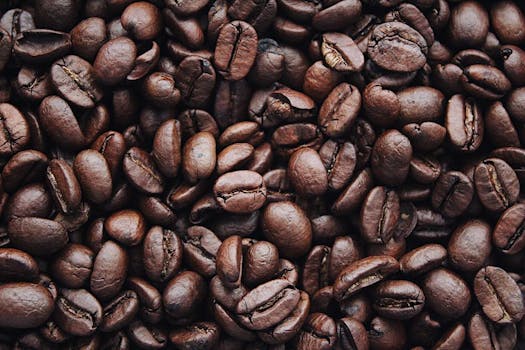
Incorporating Fasting and Caffeine into a Healthy Lifestyle
While fasting and caffeine consumption can offer potential benefits, it's essential to approach them as part of a balanced and sustainable lifestyle. Here are some tips for incorporating fasting and caffeine into a healthy routine:
Gradual Approach
If you're new to fasting or caffeine consumption, it's best to start gradually and allow your body to adjust. Begin with shorter fasting periods or lower caffeine intake, and gradually increase as tolerated.
Balanced Diet
During your eating windows, focus on a balanced diet rich in whole, nutrient-dense foods. This will help ensure that you're meeting your nutritional needs and supporting overall health.
Hydration
Staying hydrated is crucial, especially during fasting periods and when consuming caffeine. Aim to drink plenty of water throughout the day to support proper hydration.
Exercise and Stress Management
Incorporate regular physical activity and stress management techniques into your routine. Exercise and stress reduction can complement the potential benefits of fasting and caffeine consumption, while also supporting overall well-being.
Personalized Approach
Remember that everyone's body is unique, and what works for one person may not work for another. Pay attention to how your body responds to fasting and caffeine, and adjust your approach accordingly. If you have any concerns or underlying health conditions, consult with a healthcare professional.
By taking a balanced and personalized approach, you can potentially reap the benefits of fasting and caffeine consumption while minimizing potential drawbacks and supporting overall health and well-being.
Ready to Simplify Weight Loss?
Download the Lila app or visit getlila.com to start your journey. Experience the power of an AI-driven approach designed to adapt to your changing body and unique needs. Embrace holistic weight loss with Lila—because you deserve to feel strong, confident, and truly yourself again.
You should not have to do it all on your own

